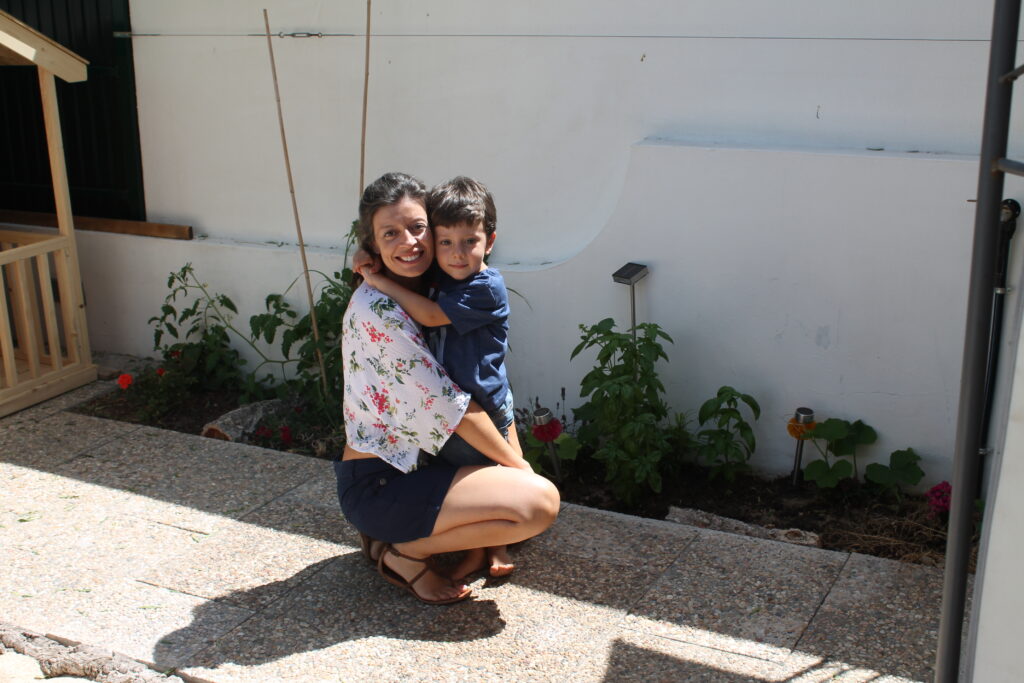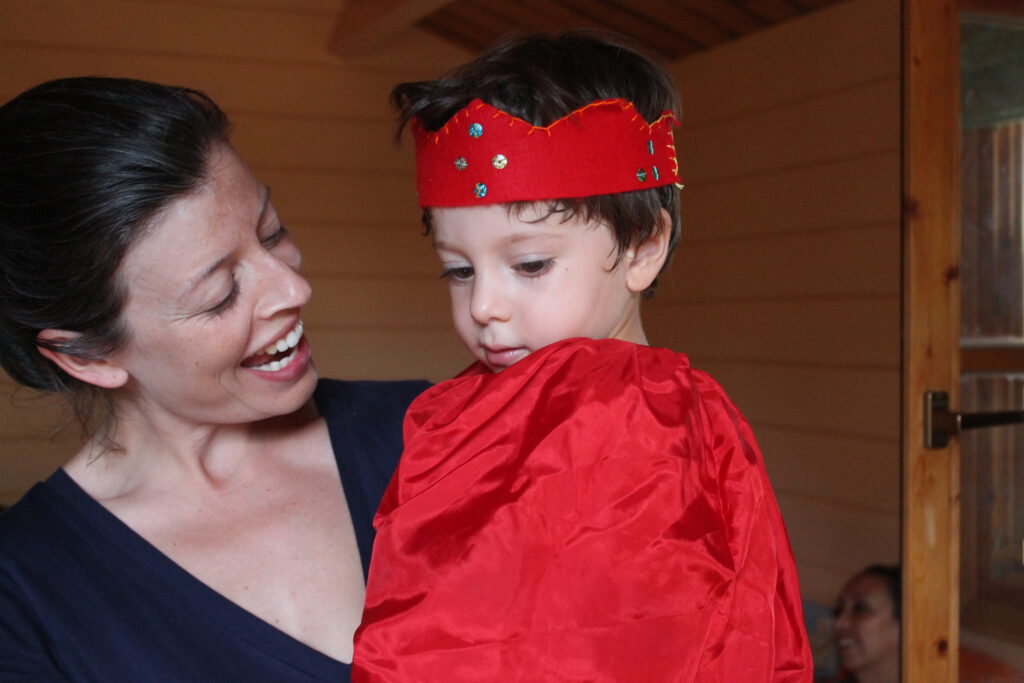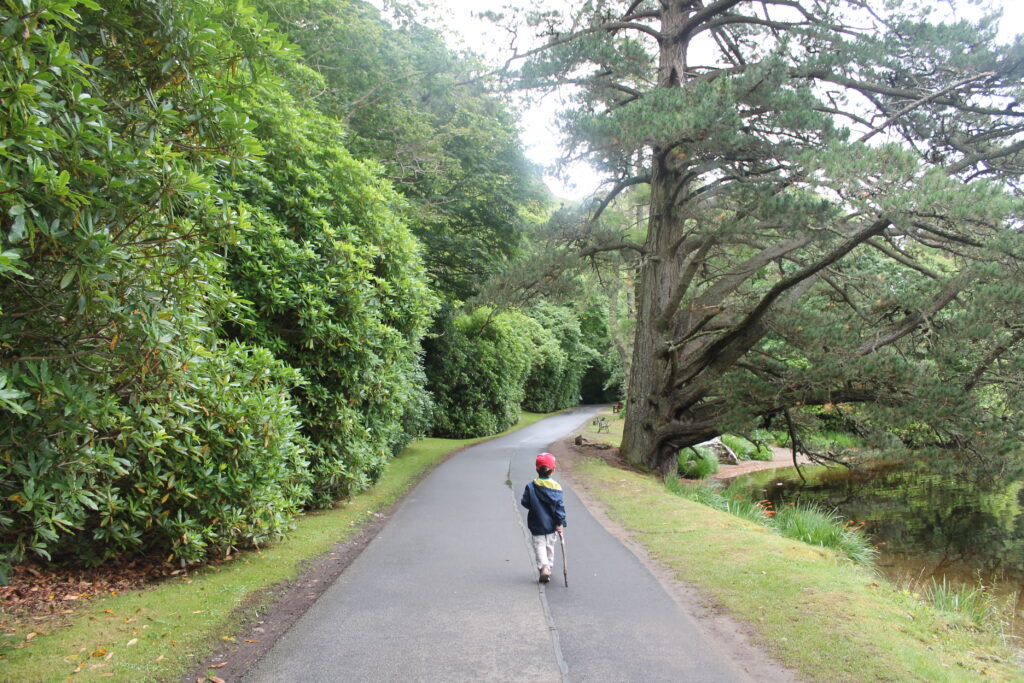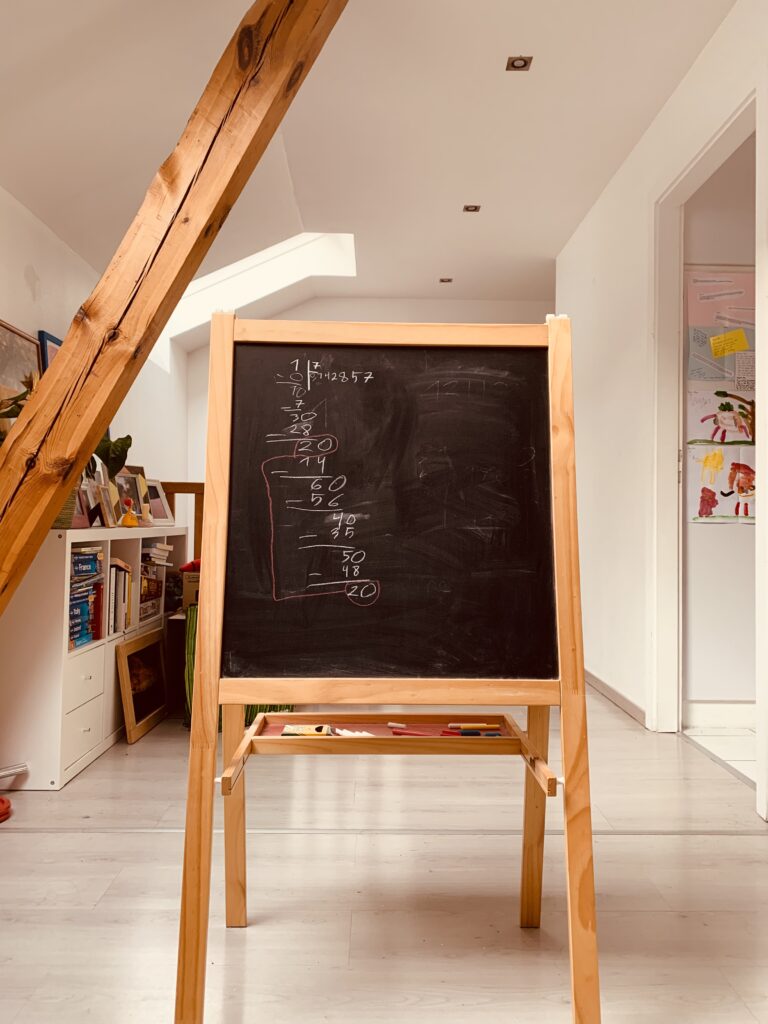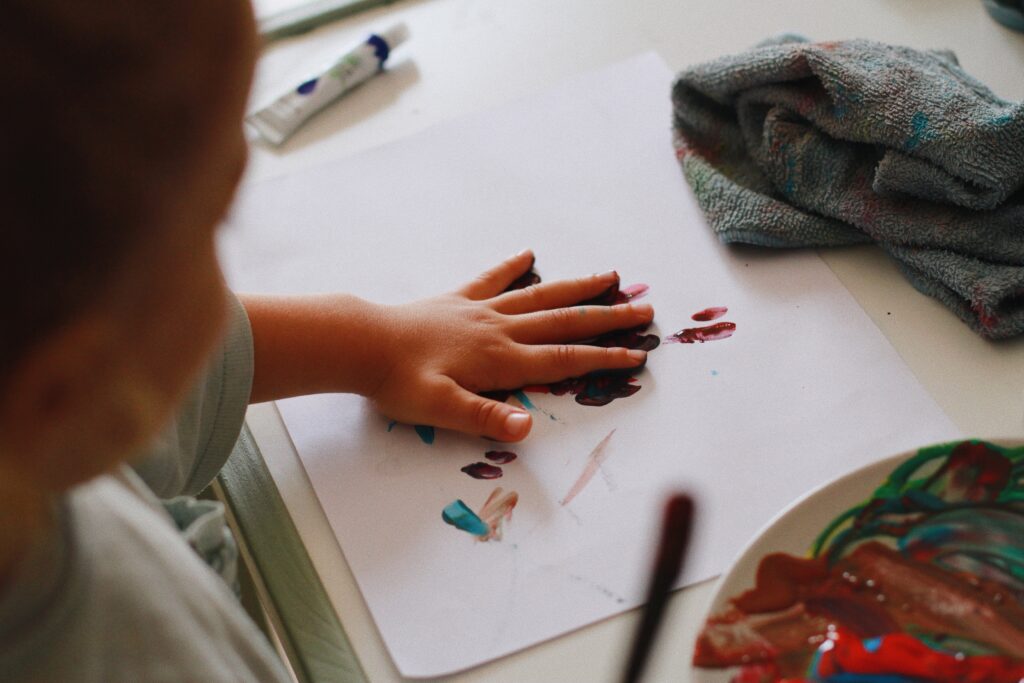All children are born with the curiosity and will to learn: in the first years of life they learn by repeating actions over and over again, with persistence. This is how they learn to walk or talk, without giving up, with determination. Later on, they explore, they want to touch, know, understand, experience textures, heights, flavours and everything else that life throws at them. The ability to learn is innate in every human being throughout their life, but natural curiosity is lost over time because of the way schools and society are organised. We need to recognise the importance of curiosity and the desire to learn in the life of every human being and in our society. Article 29.1(d) of the Convention on the Rights of the Child calls for the education of the child to be aimed at “preparing the child to assume the responsibilities of life in a free society, in a spirit of understanding, peace, tolerance, equality of the sexes and friendship among all peoples, ethnic, national and religious groups and with persons of indigenous origin.” In order to take on this responsibility, we need to go further and really foster in children the desire to learn throughout their lives, to help them develop the ability to get to know themselves and improve throughout their lives; and the skills to accept difference in others, overcome prejudice and question a value system that allows war, poverty or hunger to persist.
Pedagogies and educational approaches that favour contact with nature or a pace that is closer to children’s fundamental needs, such as those promoted in Scandinavian countries, Steiner/Waldorf, Forest or Montessori schools, foster in children, and later in adults, this seed of exploration and curiosity to learn. Approaches based on emotional intelligence, empathy and compassion also help to instil self-questioning and self-development in children. Creating an education system that ensures that children’s natural curiosity persists over time is both possible and necessary.
My son (aged almost twelve) came home last week and excitedly said to me:
– Mummy, mummy, today we had to learn how to tell if a division result is infinite. Well, I already knew, but I really want to show you.
I replied “yes, of course” and then he ran off to his room, fetched the board and showed me an example. I watched and listened to him carefully as he did his maths out loud and I was proud, not just of him, but also of the education I’ve been able to give him. My son is an integral part of his generation, a generation that was born in Europe, surrounded by comfort and technology for whom the internet is available 24 hours a day and each stage of development has (almost) corresponded to a stage of screens. But he was also lucky enough to experience nature and enjoy pedagogies and educators and teachers who nurtured his natural curiosity. My son isn’t a hard worker, but he loves taking tests and every day he tells me the latest news from school as if it were the most exciting thing in his life. It has been a week and he’s still doing his maths on the board and, at the end, sharing the results with me, as if he were revealing real secrets. If he could draw his ideal school, it certainly wouldn’t correspond to the education he has today (or at least not in its entirety), but he still retains that enthusiasm that throughout humanity has led human beings to surpass themselves, to venture into unknown seas, to discover cures for illnesses, to create literary, plastic and musical works that last through time. For me, stimulating curiosity should be a curricular objective and Article 29 of the Convention on the Rights of the Child demands it.
For inspiration, I invite you to visit the Greater Good Science Centre at the University of Berkeley in the United States, which publishes interesting articles, including on how to foster honesty and empathy in children, the importance of nature in children’s lives, among many others. I also recommend the documentary “The Beginning of Life”, whose trailer in Portuguese and English you can watch below.
